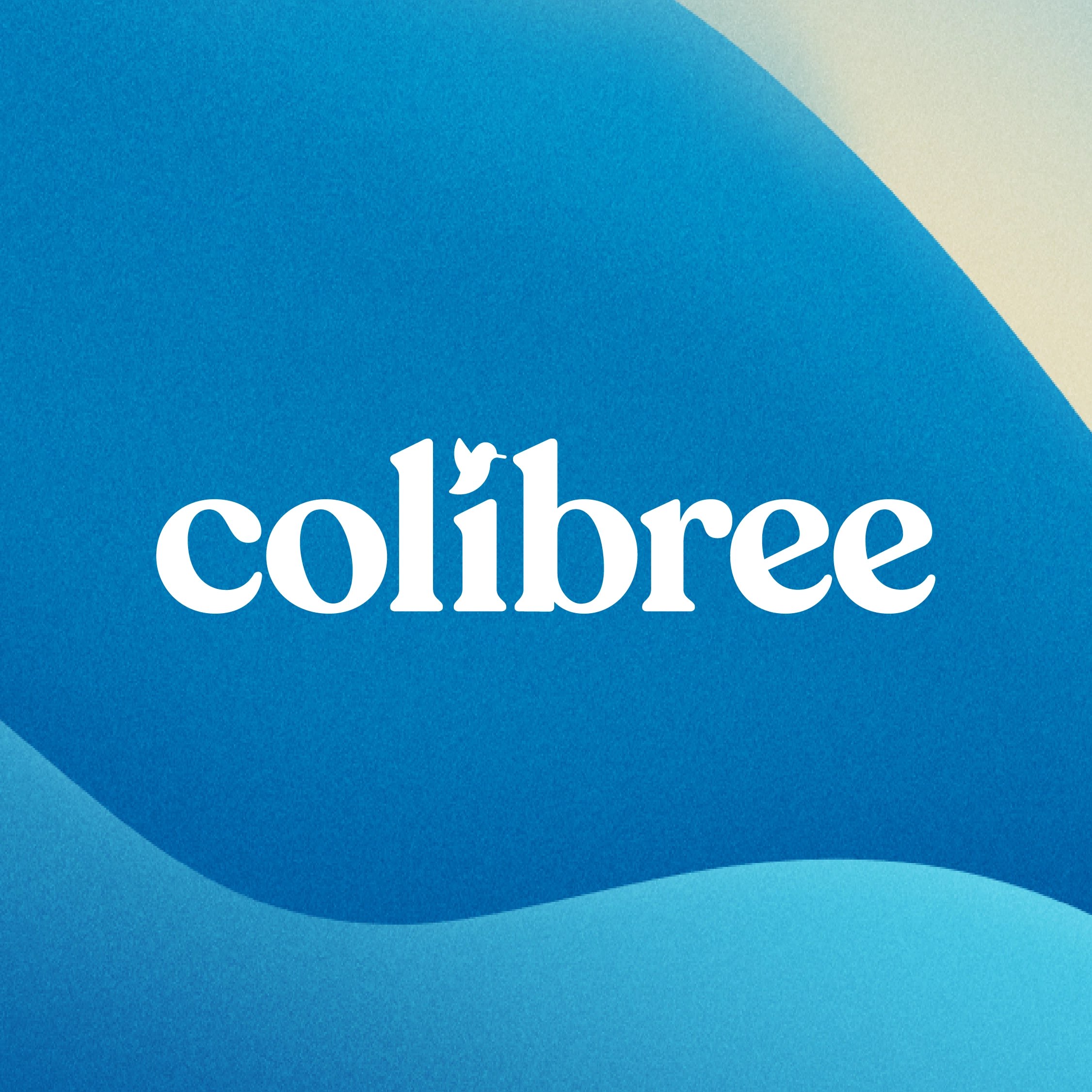Market research is a technique for gathering qualitative and/or quantitative knowledge to evaluate the environment, the user, and the brand itself.
Conducted during the diagnostic phase to validate hypotheses or later to measure results, it provides actionable insights. These insights help refine brand strategy, uncover ideas for communication campaigns, measure their impact, understand barriers and motivations for innovations or product launches, and accurately define the Customer Journey or Brand Experience.

Why do we need it?Deep, detailed, segmented information tailored to project objectives is crucial for success. Understanding user behavior, segment profiles, brand status, and market realities enables effective strategic planning. The Market Intelligence method ensures thorough analyses that guide decision-making by offering a comprehensive market overview. Without this foundational research, we run the risk of reaching unsound conclusions as results have not been contrasted with a database.
What does it involve?
Determining what we want to discover and why. This includes identifying focus areas, specific objectives and segments to be reached with the research and defining KPIs or other indicators to track results.
Choose appropriate research techniques, whether qualitative (focus groups, in-depth interviews, mystery shopping) or quantitative (surveys, data analysis). The choice depends on the objectives and the type of information needed.
Process of obtaining the necessary information through the selected techniques. Here, all the material that will be analyzed later is collected.
Analyze the information collected to extract relevant insights and trends. This phase is crucial to transform data into useful knowledge for brand strategy.
Preparation of a detailed report including findings, conclusions and strategic recommendations. This document is essential to guide the brand’s future decisions.
FAQs
The timeline depends on the complexity and scope of the study. The research can be adapted to the time required, from quick, focused analysis to more in-depth studies.
Qualitative research delves into the ‘why’ behind behaviors and attitudes, often using interviews or focus groups to gather insights. Quantitative research, in contrast, measures and analyzes numerical data, typically through surveys or statistical methods.
Yes, the methodology and scope can be adjusted to fit different budgets, focusing on approaches that maximize value and align with the project’s goals.
Market research is valuable at the start of a project to validate hypotheses and define strategy. It’s also beneficial later to measure outcomes and fine-tune approaches as needed.
Insights shape brand strategies, craft effective communication campaigns, identify opportunities for innovation, and enhance the customer experience.